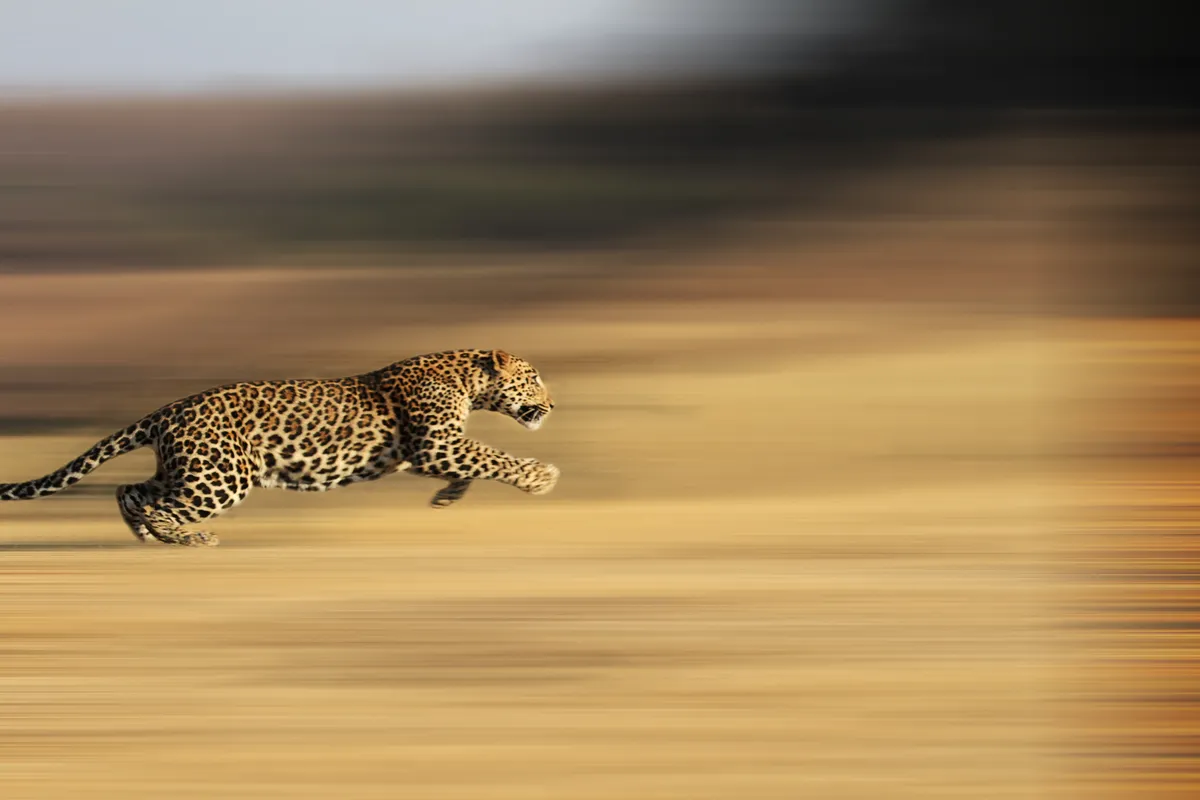Of all the ‘big game’ species in Africa, leopards are the least likely to attack humans. They rely on being in good condition to survive – if they get injured and are unable to hunt, leopards will die of starvation. Consequently, they are cautious animals and, in any confrontational situation, are likely to back down.
The one scenario where a leopard may threaten humans is if it is injured and unable to hunt. There have also been instances where children have been attacked because they are easy prey.

When my children were young, a large male leopard lurked around our camp for about a week. Each evening, his presence was advertised by the alarm calls of nearby bushbucks and pukus, though I only saw him a few times.
Then, one night, the leopard attacked an old man. Though his injuries weren’t serious, the man died the same day. The cat was shot and later found to have a large abscess at the base of a canine tooth.
Leopard cubs are stashed in a thicket or tree when their mother goes hunting. Be cautious if you spot them – if the mother returns, she is very likely to attack if she feels that her cubs are threatened.

HOW TO AVOID BEING ATTACKED BY A LEOPARD
1
Don’t approach too closely, especially if you see cubs, either alone or with their mother.
2
Keep small children secure at night when camping in areas frequented by leopards.
3